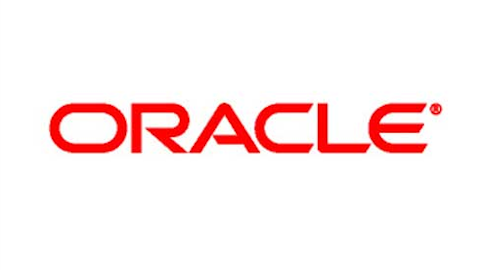It may have seemed hard to believe a decade ago, but looking at the tech industry today, it appears that the old hardware companies are on their last legs, as cloud computing becomes a more important factor in the stability of companies. In addition, cloud software is vital for businesses that need to share and access information in an efficient, inexpensive, and cooperative manner. So, how do hardware companies transform into software and cloud-based companies?
International Business Machines Corp. (NYSE:IBM) may have the answer. Contrary to others in the industry, specifically Accenture Plc (NYSE:ACN) and Oracle Corporation (NYSE:ORCL), IBM actually reported positive growth last quarter, on the heels of investments in cloud computing and software, beating analyst estimates with a $3.91 per share profit. Even better for IBM, the company is projected to ring in profits to the tune of $16.90 per share for the year, ahead of the estimated $16.70 per share originally forecasted, a 1.6% increase year-over-year.
Making the reports look good while renovating

Accenture not keeping up with IBM
International Business Machines Corp. (NYSE:IBM)’s approach has, thus far, yielded positive results in the eyes of the investment community, but its main competitor, Accenture Plc (NYSE:ACN), hasn’t taken steps in that direction and has taken a hit because of it. Like IBM, IT services have been Accenture’s main problem, and communications software has declined 3% for the quarter. Company officials maintain that this is due to customers not going for short term commitments like they used to, opting instead for long-term options when dealing with Accenture. In terms of earnings, this has resulted in the company taking a hit with investors, as there aren’t enough efforts being devoted to keeping investors, should there be a need to make an aggressive cloud push (which is not far off). Like IBM, Accenture would benefit from examining its hardware and short-term offerings to determine where cuts can be made in an attempt to drive down costs without spooking investors. Yet, there has been little Accenture has put out for investors regarding a feasible shift to cloud software, in place of IT software.
Oracle’s slump shows difficulty in adapting
Accenture Plc (NYSE:ACN) offers a strong range of cloud computing packages for sale, but unlike International Business Machines Corp. (NYSE:IBM), the company hasn’t set about creating a road map for the future of the company, which would involve going away from hardware. Oracle Corporation (NASDAQ:ORCL), on the other hand, has attempted to stay in the game by teaming up with smaller cloud software companies like salesforce.com, inc. (NYSE:CRM) to share data and expand its presence in cloud computing. After two straight quarters of declining profits and revenue, the push by Oracle to acquire cloud data software is a much-needed commitment for the old hardware giant of yesteryear. Yet, like Accenture Plc (NYSE:ACN), there hasn’t been word of a downsizing of its hardware division. In fact, Oracle has been attempting to tell the world that it’s still a relevant company and the surge of upstart cloud computing companies is overstated. This doesn’t present a good business strategy for Oracle, and if it can’t slim down, there may be trouble ahead.




